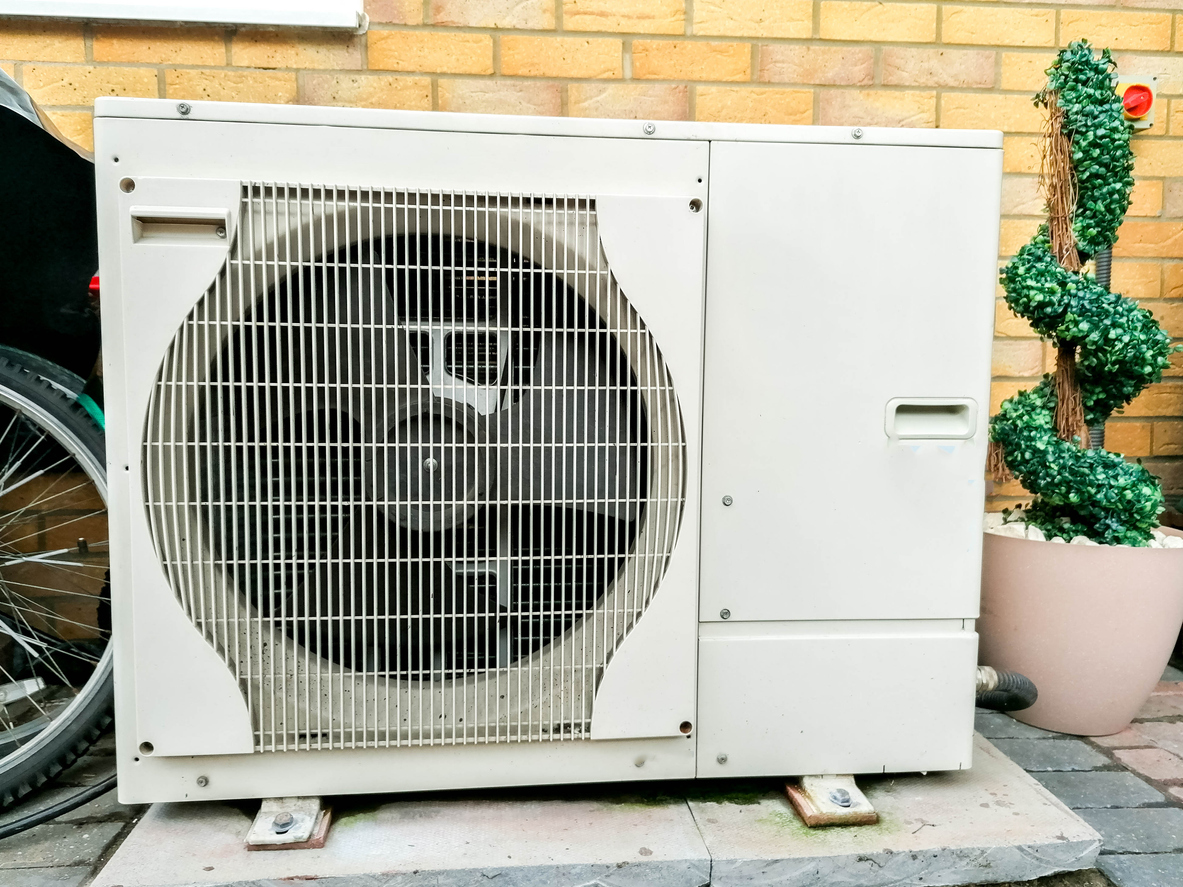How Does A Heat Pump Work In Winter
As the winter season approaches, many homeowners become interested in upgrading their home's heating systems. A popular choice is often the heat pump. How do they maintain consistent warmth when the temperature drops? In this post, we'll look at the exciting operation of heat pumps during the winter by looking at the principles of heat transfer and energy efficiency that allow these unique devices to gather heat from the outside atmosphere and distribute it indoors.
So, whether you own a heat pump or are simply interested in how they work, join us as we dive into the incredible world of heat pump operations during the winter. Prepare to learn more about these versatile heating systems and how they're able to deliver warmth when it's most needed. Let's get started!
How long should a heat pump run in winter?
In the winter, the runtime of a heat pump depends on a number of factors; however, it's really not uncommon for a heat pump to run for a more extended amount of time during colder weather.
A heat pump may run continuously in milder temperatures to maintain an appropriate indoor temperature. This is because the heat pump delivers heat more gradually than traditional heating systems, requiring them to run for longer periods of time to reach and maintain the desired temperature. In contrast, a heat pump's runtime may be longer in colder climates or during extreme cold spells because it works harder to draw heat from the air outside.
If you are concerned about your heat pump's runtime or suspect that it is running too often or not often enough, it is best to consult with a professional HVAC technician. They can assess your specific system, evaluate its performance, and offer advice tailored to your specific situation.
How do I maximize my heat pump in the winter?
Here are some of our tips to help you make the most of your heat pump's performance during the winter months:
· Maintain a Consistent Temperature: Instead of constantly changing the thermostat, try to keep an even temperature setting. This allows your heat pump to run more consistently and efficiently.
· Set up a Programmable Thermostat: If you don't already have one, consider getting one. It enables you to program variations in temperature based on what you do every day, ensuring efficient heating when required and reducing the use of energy when you're not there.
· Keep Doors and Windows Closed: To prevent warm air from escaping your home and cold air from entering, make sure that all of your doors and windows are properly sealed and closed tightly.
· Insulate Your Home: Adequate insulation in your walls keeps heat in and energy out and improves efficiency. It also decreases the workload on your heat pump.
· Professional Maintenance: Make an appointment with a qualified HVAC technician for annual maintenance in the early fall to ensure your heat pump is prepared to function optimally for your needs.
Do I need to do anything to my heat pump in the winter?
Yes, there are a few critical steps you can take to make sure your heat pump works properly during the winter:
· Clear the Surrounding Area: Keep your heat pump's outdoor unit clear of waste, snow, and other impediments. This aids in the maintenance of proper airflow and the prevention of potential harm.
· Check Air Filters: Inspect and clean or replace the air filters on a regular basis. Clean filters help to improve airflow, effectiveness, and quality of indoor air.
· Monitor Thermostat Settings: Set your thermostat to the temperature you want and make sure the heat pump adapts accordingly.
· Check for Ice: Keep an eye out for ice accumulation on the outdoor unit. Although some heat pumps have defrost cycles, it is best to contact a professional technician if you notice excessive ice or prolonged defrosting.
· Schedule Professional Maintenance: Consult with an HVAC technician about scheduling routine maintenance.
How do I know if my heat pump is working in the winter?
There are a few primary signs you can look for to see if your heat pump is working correctly during the winter:
· Try and feel the temperature of the air coming out of the vents. When heating is turned on, the air should be significantly warmer than the surrounding temperature.
· Check to see if your heat pump keeps an even temperature throughout your home. If you observe substantial variations in temperature between rooms or if certain parts feel colder than others, this might suggest a heat distribution issue.
· Monitor your energy bills. If your heat pump is working correctly, you should see a reasonable amount of energy consumed in order to maintain an appropriate indoor temperature. Unexpected increases in energy consumption could indicate a problem or decreased efficiency.
· Your heat pump might go through periodic defrosting cycles during colder weather. This is a standard procedure for removing frost buildup from the outdoor unit. Keep track of the frequency of these cycles. If they appear excessively long or excessively short, it could indicate an issue.
· Make sure to keep an ear out for any odd noises emanating from your heat pump. While some noise is normal during operation, excessive grinding, banging, or squealing sounds may indicate mechanical issues that need to be addressed.
If you observe any significant changes from the routine operation or suspect that your heat pump isn't working correctly, you should call a professional HVAC technician. They can conduct a thorough inspection, identify any potential problems, and suggest suitable remedies so that your heat pump runs efficiently during the colder months.
Do you want to upgrade your home heating? If so, Peel Heating and Air Conditioning is your go-to HVAC company in Brampton and the surrounding areas for high-quality solutions tailored to your needs! Call us today and arrange a consultation appointment to receive a complimentary new system purchase quote from a home comfort advisor! Our extensive team of professional and experienced HVAC technicians look forward to helping you improve your home’s interior comfort levels!





